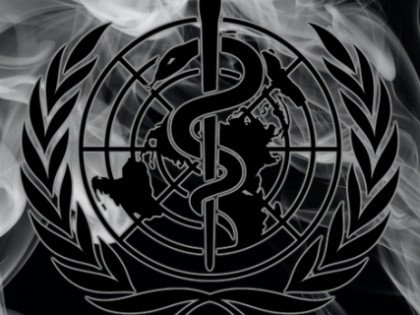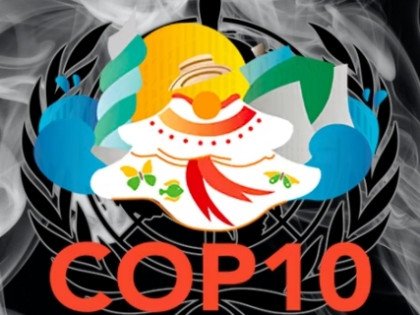Nancy Loucas, a public health policy expert and passionate advocate for tobacco harm reduction and executive coordinator of CAPHRA said: “CAPHRA and the signatories of the Western Pacific Declaration urge the WHO and FCTC [Framework Convention on Tobacco Control] to enhance transparency in their decision-making processes. This includes providing clear and accessible information about their decisions, sharing meeting agendas, minutes, and decisions in a timely manner, and ensuring that the rationale behind decisions is clearly communicated.
“Consumers across the Western Pacific Region, and globally are questioning why these basic principles of good governance are not being adhered to.
Ms Loucas continued: “The declaration calls for the inclusion of all relevant stakeholders in discussions and decision-making processes. CAPHRA challenges the WHO and FCTC to explain why representatives from civil society and consumer groups are not invited to participate in meetings and consultations, and why their input is not considered when making decisions.
“Consumers are demanding the WHO and FCTC to actively address the concerns of civil society and consumer groups, questioning why the impact of tobacco control measures on different communities, and the need for harm reduction strategies, are not being adequately addressed.”
CAPHRA advocates for the establishment of collaborative partnerships between the WHO, FCTC, and civil society and consumer groups. The organisation challenges the WHO and FCTC to explain why they are not working together with these groups on specific projects or initiatives, sharing resources and expertise, and jointly advocating for policy changes.
“Consumers are also questioning why there are not regular updates on the progress of initiatives, opportunities for feedback and input, and responses to concerns or questions,” Nancy Loucas continued.
Finally, CAPHRA urges the WHO and FCTC to engage stakeholders in setting research priorities. The organisation challenges the WHO and FCTC to explain why the research agenda does not align with the needs and concerns of civil society and consumer groups.
“CAPHRA believes that by implementing these strategies, as well as addressing the demands in the Declaration, the WHO and FCTC can enhance their engagement with civil society and consumer groups, leading to more effective and inclusive tobacco control policies and initiatives. The organisation calls on the WHO and FCTC to explain why they are not doing this,” Ms Loucas concluded.
References:
- The ‘Western Pacific Declaration’ - https://www.asiaharmreductionforum.online/#wpd
Dave Cross
Journalist at POTVDave is a freelance writer; with articles on music, motorbikes, football, pop-science, vaping and tobacco harm reduction in Sounds, Melody Maker, UBG, AWoL, Bike, When Saturday Comes, Vape News Magazine, and syndicated across the Johnston Press group. He was published in an anthology of “Greatest Football Writing”, but still believes this was a mistake. Dave contributes sketches to comedy shows and used to co-host a radio sketch show. He’s worked with numerous start-ups to develop content for their websites.
Join the discussion
CAPHRA Highlights Tobacco Control Flaws
The Coalition of Asia Pacific Tobacco Harm Reduction Advocates highlights the flaws in tobacco control which has led to the rise of black market in Australia
Alarm Regarding WHO’s Opacity
The Coalition of Asia Pacific Tobacco Harm Reduction Advocates sounds the alarm on WHO and FCTC's “disturbing lack of transparency”
COP10: Use The Evidence
The Coalition of Asia Pacific Tobacco Harm Reduction Advocates demands an evidence-based approach to tobacco harm reduction from the World Health Organisation and the Framework Convention on Tobacco Control
Include Consumer Voices
Consumer advocacy organisation CAPHRA argues that consumer voices should be included when formulating tobacco harm reduction policies






-listing400.jpg)




